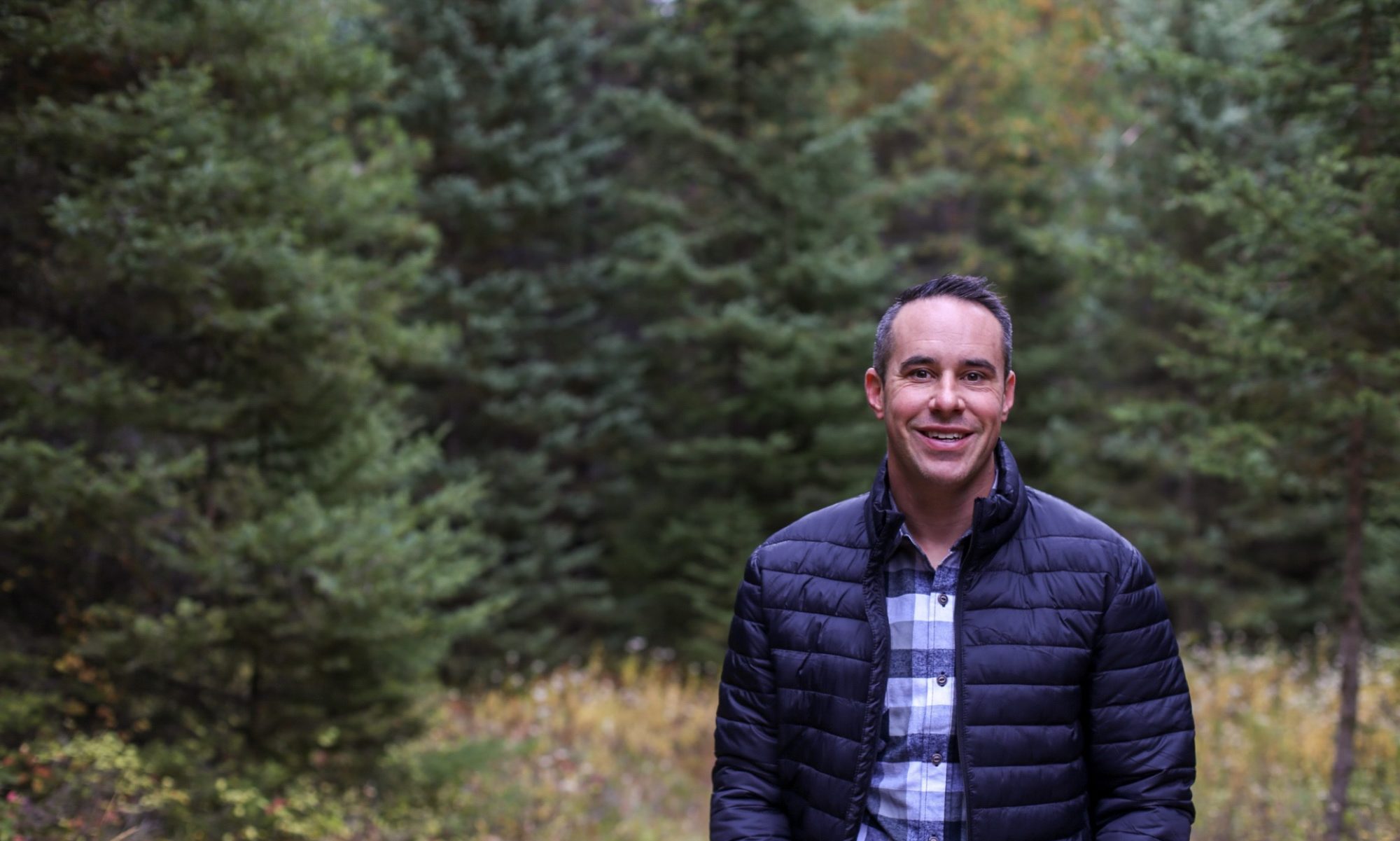
I wanted to spend a few moments to look at Theology in a casual manner on a Thursday. This was actually something my wife suggested in a conversation we were having about how to teach our children and those in the church theology.
In the Christian community the word “Theology” can have a broad meaning. Some hear it and become guarded, thinking that this is something for the students in seminary or bible college. It is academic and or those in the ivory towers. Others may think of division in the church which has stirred from theological debates and understanding.
Yes, it can be somewhat of a turn off to some, but on the other hand you can approach Christian theology as what a Christian is all about.
Christian theology at the core is Christian and every Christian is a theologian.
Everyone is a Theologian
Granted, that can be a big statement but really every person who has ever existed is a theologian. If we define theology at its simplest definition, as the study of God, everyone person has had a thought about God, whether that thought is right or wrong.
For example, The Atheist says, “There is no god.” That alone is a thought about God, though it is incorrect. That is a theological statement. Theology is a science but it is also more than a science.
What is Christian Theology
Mentioned above it is the study of God.
To study God means that we study God through the way God has revealed himself through the Word of God (The Bible or Scripture). This is what in academics is called Theology proper, which is the discipline of studying God through the revelation of the Bible.
Within this scope you can peel the different layers that are within theology. For example, Christology, which is the study of Christ. Or, hamartiology, which is the study of sin. Each of these specific areas of theology are looked at through the lens of the Bible.
How should we respond to Theology:
As a Christian we need to not fear or be intimidated by theology but pursue in understanding and study of what God’s word says about who he is. Here are some reasons to study theology
Theology is practical– It is lived out, not just studied but applied. Not just read but lived. Not just thought about but preached outload. Your God-view shapes your world-view. Theology is lived out, even if you aware of it or not.
Theology is missional– Theology is a witness. Your God-view affects your worldview. What you think about God is translanted in what you say about God. How do we know that we are to make disciples of all nations and how do we know what these disciples are supposed to look like and what are we to teach these disciples (Matt 28:19-20). These are theological questions.
Theology is biblical– What we know and say about God comes from the Bible. Christian theology is not man’s creation but found in the Word of God.
Theology is worship– When you study who God is, it leads to the response of worship. The psalmist rightly declares, “Oh come, let us worship and bow down; let us kneel before the Lord, our maker” (Psalm 95:6)! The psalmist makes the theological statement that God who is maker (Creator) is worthy of worship.
Theology is historical- When you look at history and throughout history you see the study of theology. Christians who have gone before us, who studied the Bible to know more about God. We see theology becoming clearer as truths were discovered from the Bible and communicated for us to know more about who God is. Christian theology is historical which means that it is family history. As believers we all share in this story!
Theology is Apologetic (not I’m sorry)- We need to know how to define and defend what we believe. Theology helps us in our endeavors to do just that.
Theology is to disciple– The idea of theology is to build up or to grow in our awe of God. R. C. Sproul wrote:
The purpose of theology is not to tickle our intellects but to instruct us in the ways of God, so that we can grow up into maturity and fullness of obedience to Him. That is why we engage in theology.
This mindset is for the believer but also how a believer disciples others.
What are some of your questions that you may have about theology?

Great blog Pastor Jon